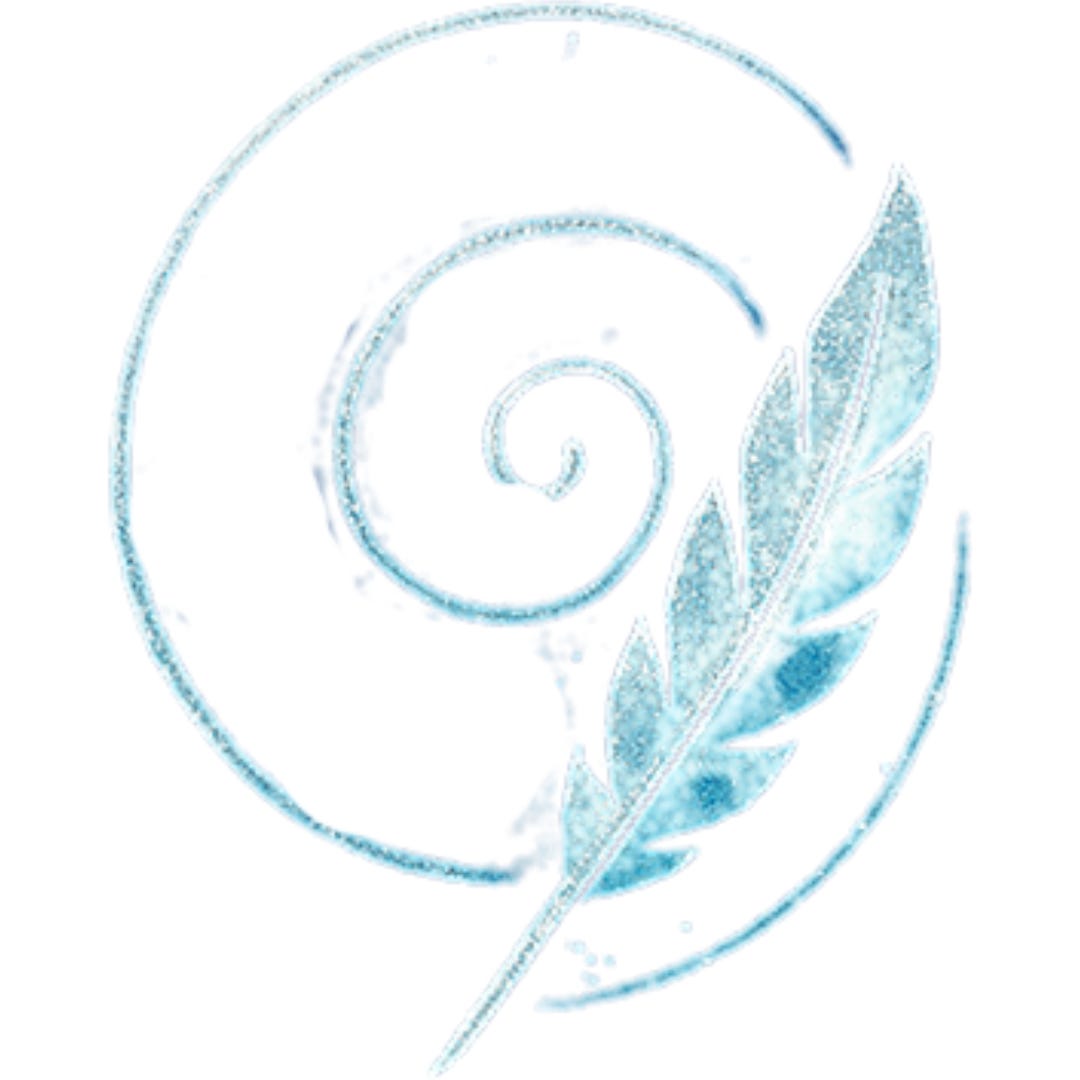Purr Like a Lion, Write Like a Writer
Prelude to a Series on Divergent Thinking and the Writing Life
When I was drafting my intro to a now defunct website, I found myself typing:
“I’ve been writing forever, but I wasn’t writing like a writer.”
And then I stopped.
What does that even mean—writing like a writer?
The phrase felt true. It had weight. But the more I stared at it, the more I realized—I didn’t really know what it meant. I’ve said it, heard it, felt it… but could I define it?
This is where my brain does its thing. It complicates the simplest of ideas—not to tangle them, but to chase their shape. I want to understand the core of things. The essence behind the intuition. So, naturally, I followed the thread.
And here’s what unraveled.
What I Thought It Meant
Looking back, I think I meant it as a kind of confession:
That I’d taken writing for granted.
That I’d always loved it, but hadn’t honored it.
That I’d scribbled and journaled and mused, but hadn’t dared to craft.
Not like a writer.
So... What Is a Writer?
Sure, the dictionary will tell you a writer is someone who writes.
But this time, that just wasn’t enough.
Wikipedia takes it a bit deeper:
“A writer is a person who uses written words in different writing styles, genres and techniques to communicate ideas, to inspire feelings and emotions, or to entertain.”
That’s closer. That definition lives. It breathes intention.
Because writing like a writer isn’t just about putting words on a page. It’s about using craft—structure, voice, rhythm, form—to do something with them. To make meaning visible. To move another soul. To take the intimate act of expression and risk offering it to the world.
That’s vulnerable. That’s sacred. That’s terrifying. That’s writing like a writer. Or is it?
“Write Like You Mean It”
Thomas C. Foster titled his book How to Write Like a Writer, and early on, he offers this simple insight:
“Write like you mean it.”
I love that. It echoes something true. But I still needed something more grounded—less mantra, more map.
The Best Definition I’ve Found
And then, in a used bookstore (of course), I stumbled on What If? Writing Exercises for Fiction Writers by Anne Bernays and Pamela Painter. And inside, I found this:
“Writing like a writer means having absolute control over your material and your tools. Writing like a writer means, for instance, knowing when to use dialogue and when to summarize discourse, learning how to use adjectives and adverbs, and being able to name characters and anchor them in real time and space.”
That was it. That was the shift.
Writing like a writer means doing the work.
It means learning the tools, experimenting with the materials, and shaping something with both. It means choosing, editing, arranging. And yes, it also means thinking like a writer—though we’ll save that rabbit hole for another day.
While a lion may purr by instinct, a writer writes by deliberate evolution. By practice. By play. By pushing past the echo of “not enough” and into the quiet courage of saying something anyway.
Why This Matters Now
This post is the prelude to a new series I’ve been crafting—one that peers inside the rabbit-hole mind of a neurodivergent writer (me), and explores the strange, looping, luminous ways our brains shape the work we do. It’s a kind of love letter to writers who feel out of step with the so-called norm—and have finally begun to see that as a gift.
But before we dive into those deeper tunnels, I wanted to ask:
What does it mean to you to write like a writer?
What tools have you claimed?
What instincts have you had to unlearn—or embrace?
And how do you know when you’re not just writing—but writing like you mean it?
Leave a comment. Share a whisper. Roar a little, if you’d like.
We’re here together. We may as well ponder while the tea’s still warm.
Next time: Part 1 of Rabbit Holes & Neurodiversity.






Thanks for this prompt! I was always a writer because I emulated my mom - there've been many categories of writer for me: the journaler, the poet, the magical child writer, the beginning writer who went to memoir and character classes, the beginning fiction writer who swirled about in an ADHD cloud for years before growing roots - working with a book coach who taught me how to plot and gave me the tools to contain my writing. All of these cycles and versions are necessary and have brought me here to the place I share my writing confidence. It also helped to recognize that I didn't need a permission slip to be a real writer, I only had to give myself permission.
This is a really interesting thing to ponder! I think it's really all about intention. Writing like a writer means planting a flag and declaring, "I have something to say. I have a story to tell." And then saying it in the very best way you know how. The craft is what helps us communicate our ideas more effectively, but the intention is what makes us engage with them in the first place.